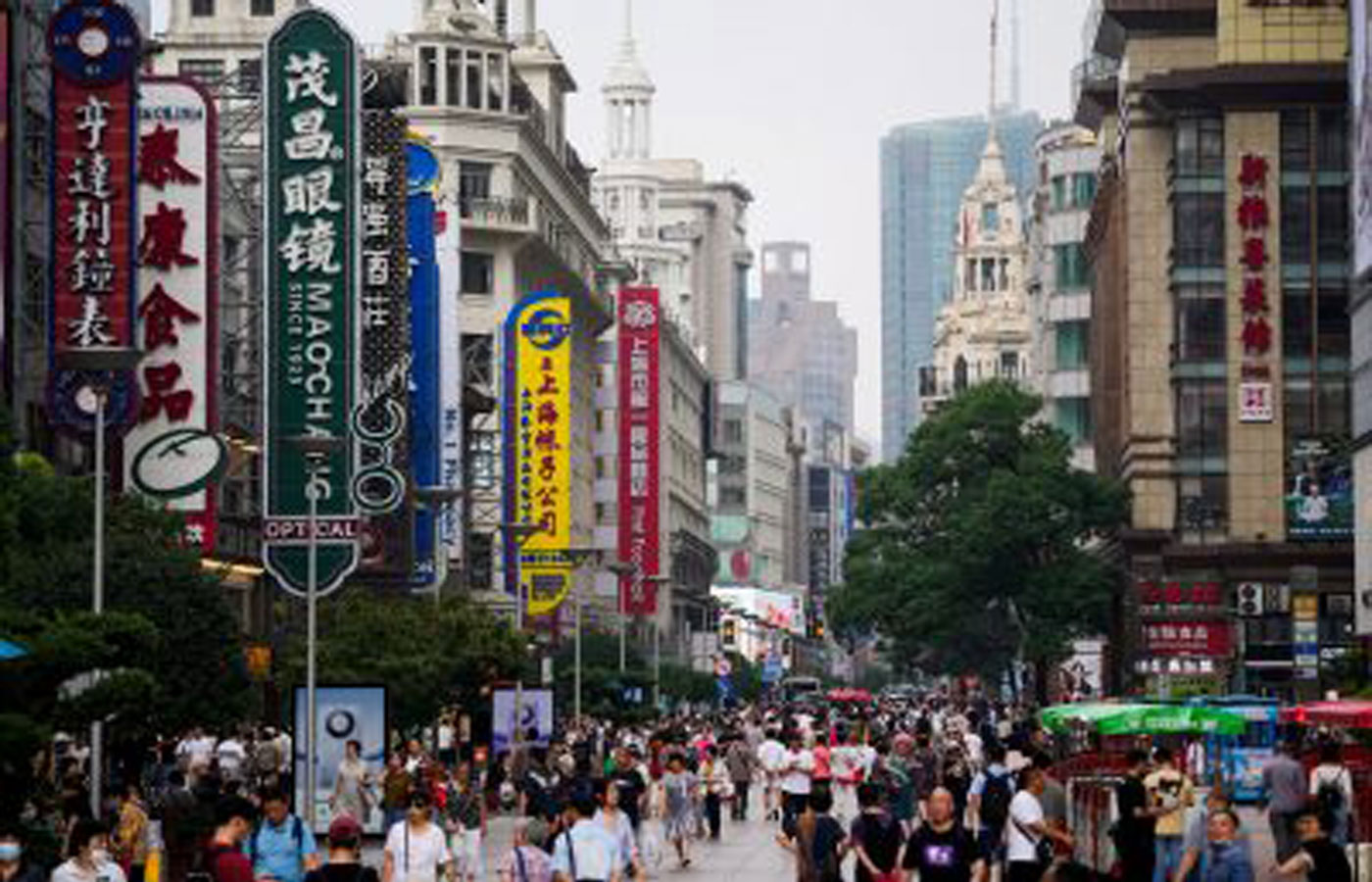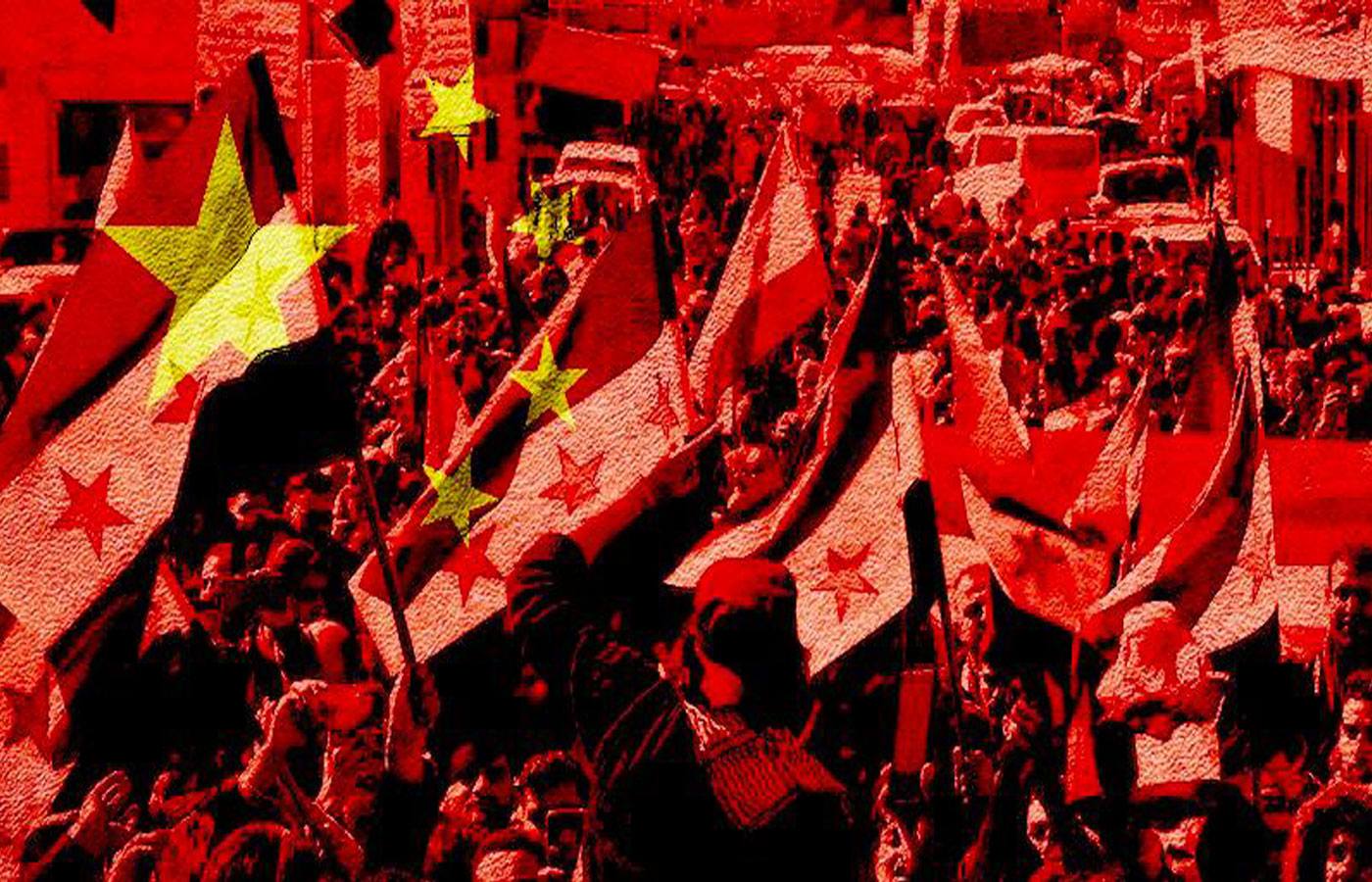Lacklustre growth and rising uncertainty has focused the world’s attention on the state of China’s economy.
After a strong start to 2023, Chinese economic activity has sharply fallen short of expectations. Exports have collapsed. Consumption, production and investment have slowed, while inflation levelled out and the unemployment rate edged up. The Chinese renminbi hit new lows in August and September 2023, driven by worries about the domestic economy.
Former US treasury secretary Larry Summers has made ominous comparisons between China, Russia and Japan, saying that ‘people are going to look back at some of the economic forecasts about China in 2020 in the same way they looked back at economic forecasts for Russia that were made in 1960 or for Japan in 1990’.
As always, there are cyclical and structural factors at play in the unfolding economic outlook. Among the cyclical factors are scars from the COVID-19 pandemic — deteriorating balance sheets, an ailing property sector and a limited macroeconomic policy response. Meanwhile, structural pressures are weighing on confidence as regulatory, security and political stability concerns continue to mount.
After three years of pandemic pressure, the balance sheets of households, enterprises and local governments are stretched. Unlike the United States, China’s government did not hand out large subsidies to households and enterprises during the COVID-19 pandemic. Without that demand-side stimulus, Chinese consumption has been sluggish.
Financially, China’s biggest worries revolve around the property sector. If this sector were to collapse, the consequences would be very damaging.
But one difference between China’s situation and that of, for example, the 2007–08 US subprime crisis, is the lack of visible negative equity in Chinese property. This is due to the substantial down payments required in China, especially for second or third property purchases, which range from 60 to 90 per cent. If property prices were to drop — and they haven’t yet substantially in most areas — the property sector’s contribution to financial crisis risk would be smaller than that of the United States in the global financial crisis, although the resultant losses in terms of household wealth and economic growth could still be large.
Fiscal and monetary responses to China’s current woes have been modest, both during and after the worst phases of the COVID-19 pandemic. This is despite China’s facing deflation rather than inflation risk, in contrast to the United States and Europe. Since late 2020, real interest rates have been relatively flat, even increasing over several quarters when the consumer price index fell faster than the policy rate.
The lack of aggregate easing reflects current policy objectives. Supply-side reforms have dominated demand-side considerations in policy thinking.
There are also structural pressures on Chinese growth. Not least among them are regulatory actions that severely dampened business confidence, especially among technology companies and foreign-invested enterprises.
Some of these policies were implemented to address national security concerns, while others were attempts to deal with legitimate regulatory problems, such as consumer protection and fair competition. They reflect the increasing weight the government assigns to security issues and the costs it is willing to bear as a result.
The government has moved to offset some of these negative policy impacts. As a part of its broader policy mix, it has announced new policies aimed to shore up confidence and support private enterprise, foreign-invested firms and consumption. The government’s 31-point plan released in July 2023 highlights the importance of the private sector and fair competition, eliminating barriers to entry, protecting property rights and drawing private enterprises into national projects.
But the changing geopolitical environment weighs down on the economy. Both China and the United States are attaching growing importance to concerns about national security that impact trade and investment.
Given that both countries share similar concerns, though not necessarily identical definitions of political stability and national security, cooperation to address the challenges posed by globalisation is possible. Such cooperation first requires more dialogue. Conversation is valuable even — or especially — when the political terrain is rough.
Third parties can also play an important role in stabilising relations. The European Union’s ‘de-risking’ approach, even if just partial decoupling by another name, is a helpful example. In Asia, particularly with ASEAN, regional relations can play a stabilising role.
Has China’s economic miracle ended? The answer is probably yes, as no miracle lasts forever. Higher incomes and the higher labour costs they create, deteriorating external conditions and an ageing population all present serious long-term headwinds against high growth.
But China is neither the Soviet Union in the 1960s nor Japan in the 1990s. For China, sectors like technology platforms, electric vehicles, green energy and electronics are now vibrant sources of innovation and growth. A major financial crisis, like a blow-up of the property sector, is still unlikely. The economic impact of demographic shifts will be partially countered by artificial intelligence and the digital economy.
Regulatory changes have dampened some sectors, but China’s ability to average above 9 per cent growth for 40 years suggests some flexibility remains. The recent announcement of the new policy package also demonstrates that policymakers do respond to economic challenges.
Economic activity probably suffered its last major drop, in July 2023. August data suggests that the economy is bottoming out, albeit very gradually. Casual observation confirms that economic recovery was under way in September.
But the fog of geopolitics is unlikely to recede any time soon. Many of the challenges China faces, like sustaining growth while security uncertainties are on the rise, are global. Finding ways to address these concerns within global frameworks that promote open trade and investment will be crucial to navigating the uncertainties ahead.
Yiping Huang is Professor and Deputy Dean at the National School of Development and Director of the Institute of Digital Finance, Peking University.
This article was originally published in East Asia Forum










